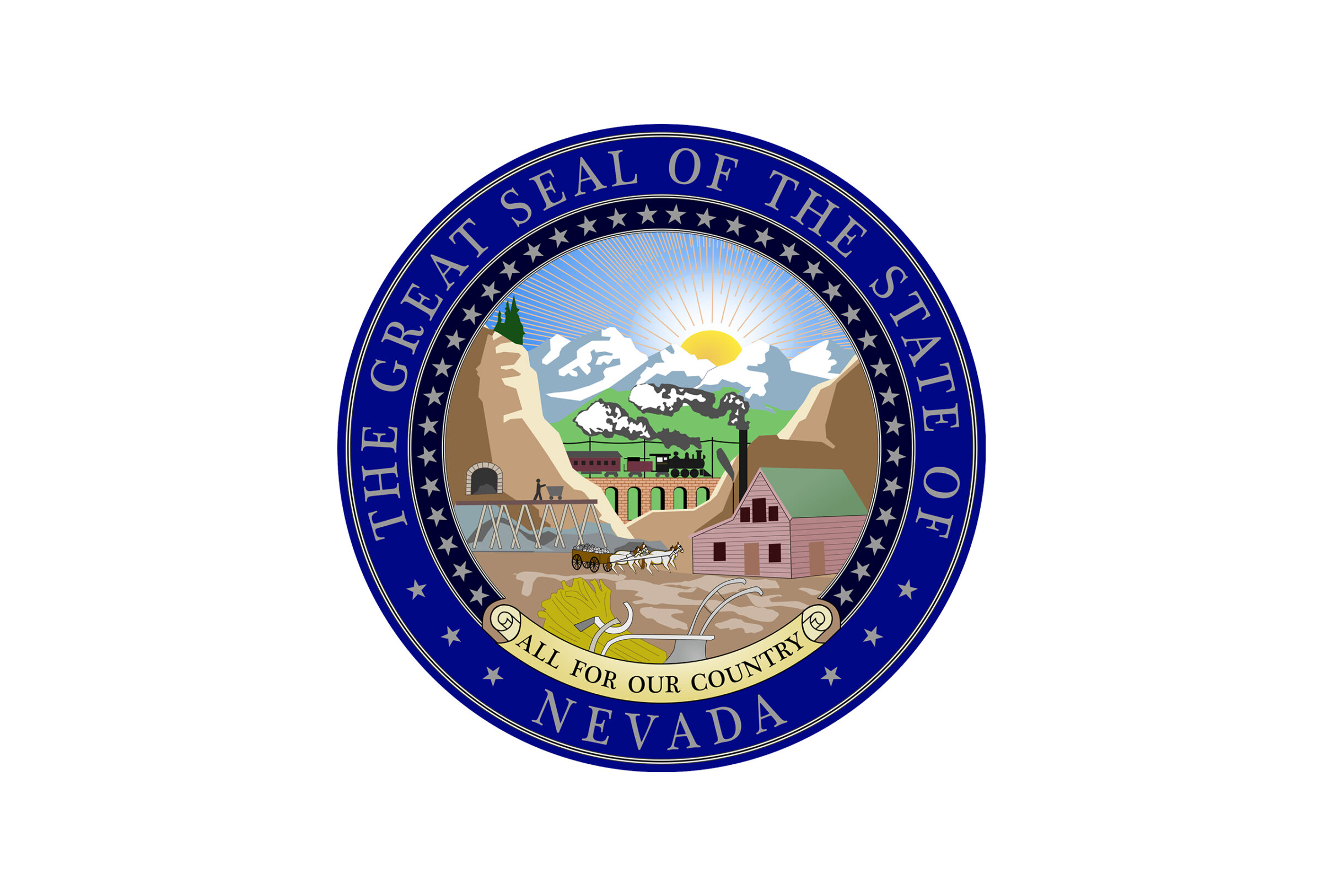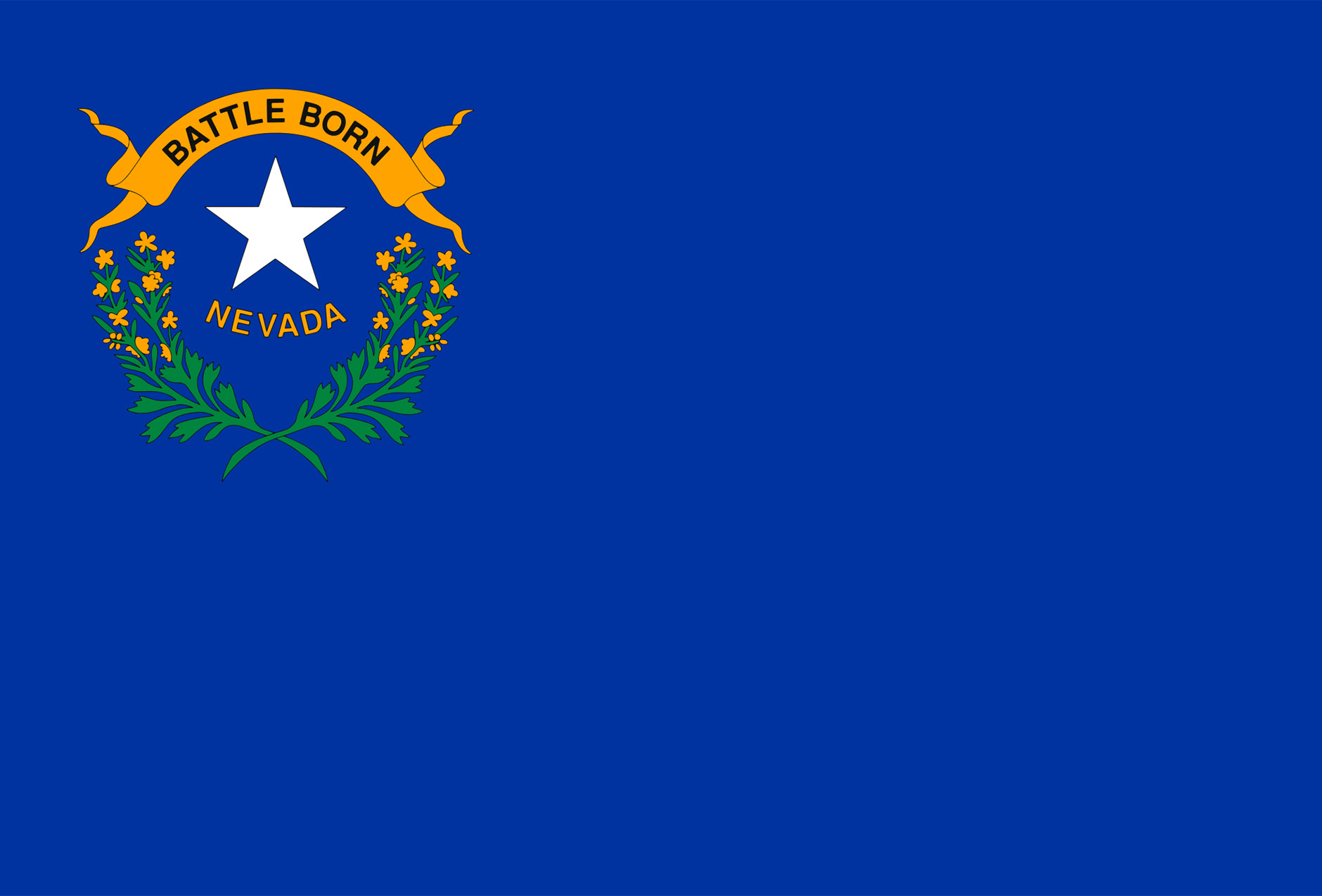In just a matter of days, cigar smokers in Nevada could begin to see the price of cigars come down as a new law goes into effect that caps the state’s cigar tax at 50 cents per cigar.
Currently, the rate is 30 percent of the wholesale price, which means that a cigar that has an MSRP of $9.50 ends up costing $12.35 before any sales taxes are added, by halfwheel estimates. Once the cap goes into effect on July 1, that cost will go down to approximately $10.50, with more savings the higher the MSRP of the cigar.
The cap is the result of A.B. 232 being passed by the legislature earlier this month and signed into law by Gov. Joe Lombardo. While the governor signed the bill on June 15, the state did not publish the updated status of the bill until Thursday night.
“Nevada’s community tobacconists made the case in a manner that sets a national example,” said Glynn Loope, director of state advocacy for the Premium Cigar Association (PCA), via a press release. “They built a bipartisan coalition of legislative support, made the case that the tax cap was a small business issue that would improve their competitive position, and discussed the impact on women and minority-owned small businesses at hearings. PCA welcomed the opportunity to provide committee testimony, grassroots advocacy, and research support on tax and public health issues. The local cigar shops of Nevada, though, made the difference.”
The PCA recognized a number of cigar shops for their role in helping to get the legislation passed, specifically Jason Samuelson of Cigar Box; Michelle Runles of Tap N Ash Social Club; Shar Broumand of En Fuego Cigars & Lounge; and Brad Mark of SMoK Cigar Lounge.
The bill was sponsored by Assemblymen Brian Hibbetts, R-13, and Duy Nguyen, D-8, whose districts are both located in Clark County, the southeasternmost county in the state and the one that includes Las Vegas.
In order to meet the definition of a premium cigar and qualify for the tax cap, a cigar must be rolled by hand, have a wrapper made of whole tobacco leaves, and must not have a filter or mouthpiece.
While the bill goes into effect on July 1, it is also set to expire on June 30, 2027, unless the legislature and governor before that date renew it.


